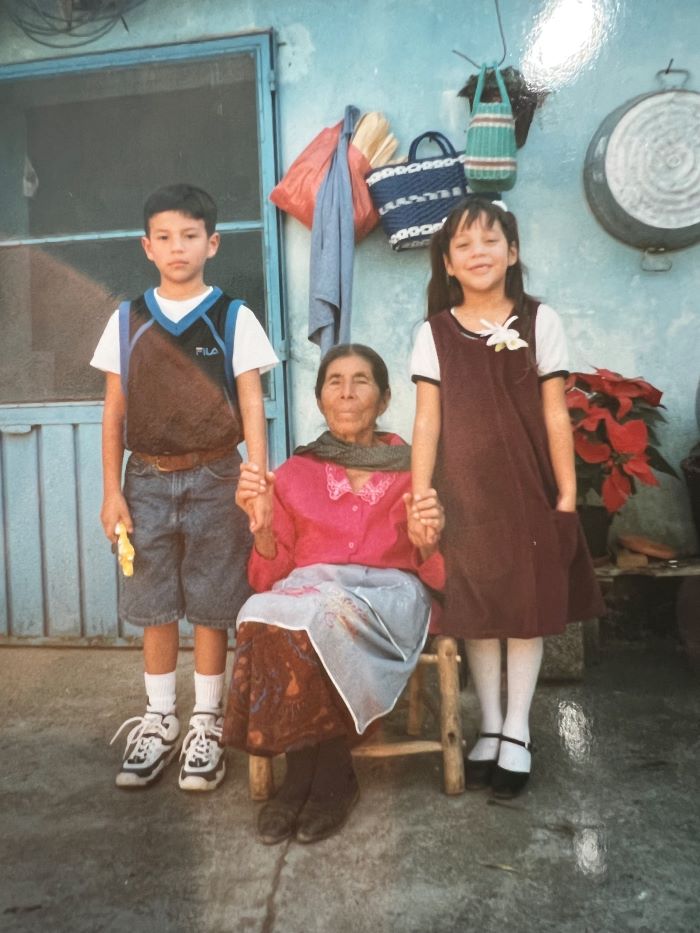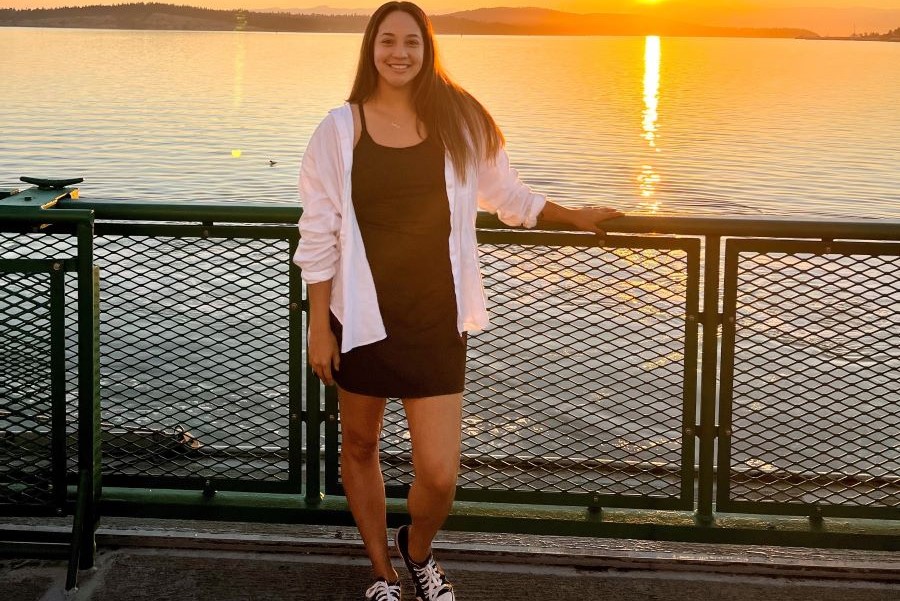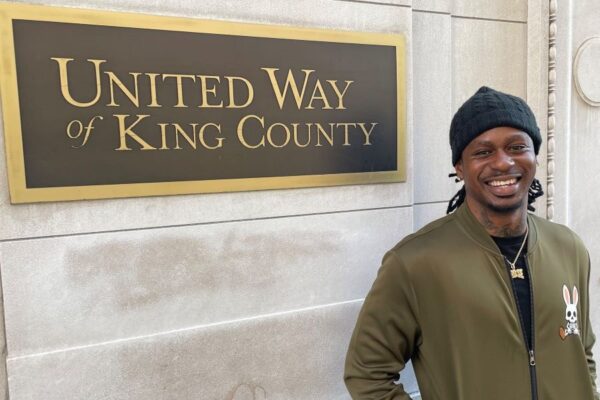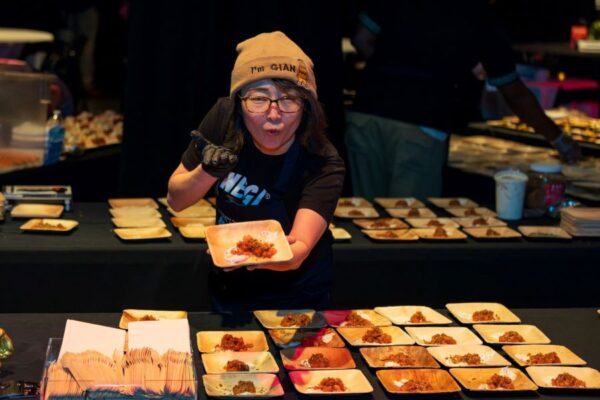De Aquí Y Allá
National Hispanic Heritage Month is a 30-day observance that extends from September 15 to October 15 and is marked by celebrating histories, cultures, and impacts made by Americans whose ancestors originated in Spain, Central America, South America, and the Caribbean.
According to the National Hispanic Heritage Month website, the holiday began in 1968 as Hispanic Heritage Week under Lyndon Johnson and was extended to a month by Ronald Reagan 20 years later.
The holiday was enacted into law in 1998. The observance began on September 15 to mark the independence days of Costa Rica, El Salvador, Guatemala, Honduras, and Nicaragua. The following days mark the independence of many other Latin American countries.
On the final day of National Hispanic Heritage Month, we’re featuring a blog post from Amanda Sandoval, United Way associate director of systems change and public policy, who speaks about her two heritages.
I’m a proud 1.5-generation Mexican American. My dad was born here in the States then the family returned to Mexico for most of his childhood and my mom was born and raised in Mexico and came to the States as an adult. That’s why I call myself 1.5 generation—not necessarily first gen but not a true second generation.
I grew up fully immersed in Mexican and American culture. I didn’t see the separation of the two; it was just my regular childhood. Frequent visits to Mexico to see my grandparents and great-grandparents, homemade tortillas, spicy salsa, and rice and beans were our staple dishes (I learned about meatloaf later on in elementary school when a friend invited me to her house). My mom played Chente and Los Broncos, my dad classic rock and country, and I was both obsessed with Britney Spears and Selena.
Our house was full of rosaries, pictures of the Virgen de Guadalupe, Aztec calendars, and art, as well as University of Washington posters, western and military movies, and pictures from family trips to national parks and theme parks.
I didn’t feel any different than any of my peers; until they asked me where I was really from. Or why did I bring that kind of food to my lunches? Or why my mom didn’t sound like other moms when she spoke English.
These questions from my peers made me feel like I didn’t belong here—but I was born here, where else did I belong?
There is a common saying in the Latino community, “Ni de aqui ni de alla” which translates to neither from here nor there.It’s a common sentiment that Latinos feel, and I would say a feeling anyone whose family or themselves immigrated here understand. It’s a feeling of not feeling like you belong in your home country or where your family came from.
The author Gloria Anzaldua talks about this feeling often in her books, she uses the term “Nepantla,” this feeling or concept of in-between-ness, for many like myself it’s this feeling of feeling in between two cultures, two countries, two languages.

As a kid, Spanish was my first language, and it wasn’t until we went to school and to ESL class that we learned English. My mom was also learning English, so at home, we transitioned from only speaking Spanish to only English so everyone could learn. Over the years, as we primarily spoke English, we (my siblings and I) forgot our Spanish. We could still understand it, as my parents still spoke it to each other and a mix of the two when speaking to us, but we didn’t use it every day so our grasp on it changed.
As I’ve gotten older and more connected to my identity and (my) community, I’ve embraced this in-between-ness, both language-wise and culturally. It’s part of why I do the work I do; I love working with community, and I see so much of myself in them and vice versa. We have differences sure, but I think we have more similarities than we realize. And our collective experiences, different and same, are what makes us powerful and authentic ourselves.
We have differences sure, but I think we have more similarities than we realize. And our collective experiences, different and same, are what makes us powerful and authentic ourselves.
Amanda Sandoval, United Way associate director of systems change and public policy
I am not part of this or half this or a little of that, I am both fully and proudly American and Mexican! I will not let society or others dictate my experience or identity or fit me in a box of what Latinidad is or what being American is.
I want all of us to take up space, and explore our identities, to not need permission to explore our roots, to remind people Latinos are not a monolith, and to celebrate our cultural history, resilience, contributions, and ancestors. We are enough, this in-between-ness is enough, Latino identity is fluid and expansive, and we are proudly De Aqui y De Alla!





Comments